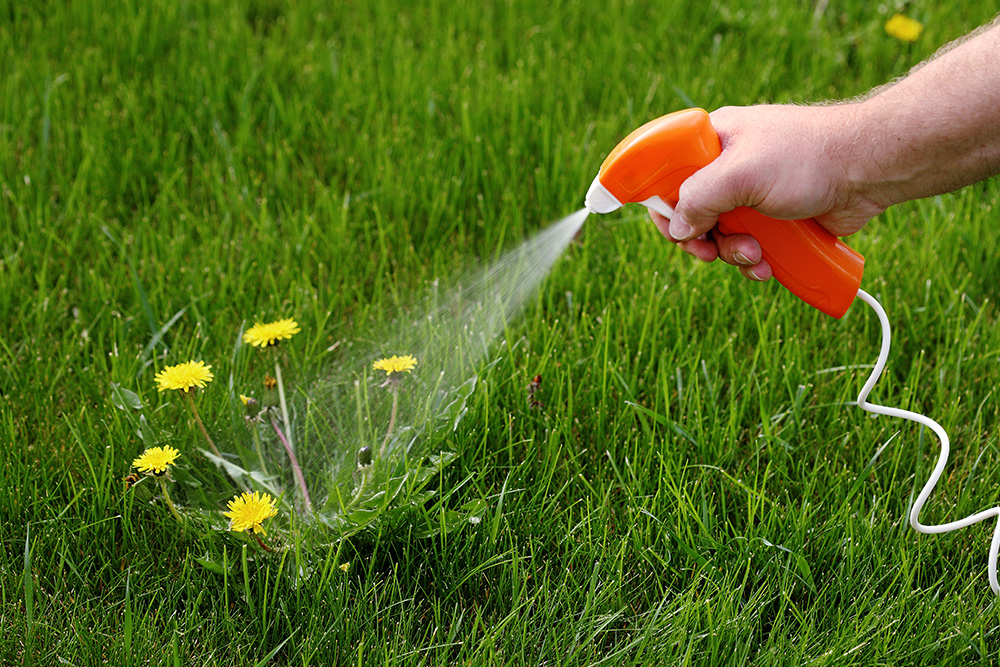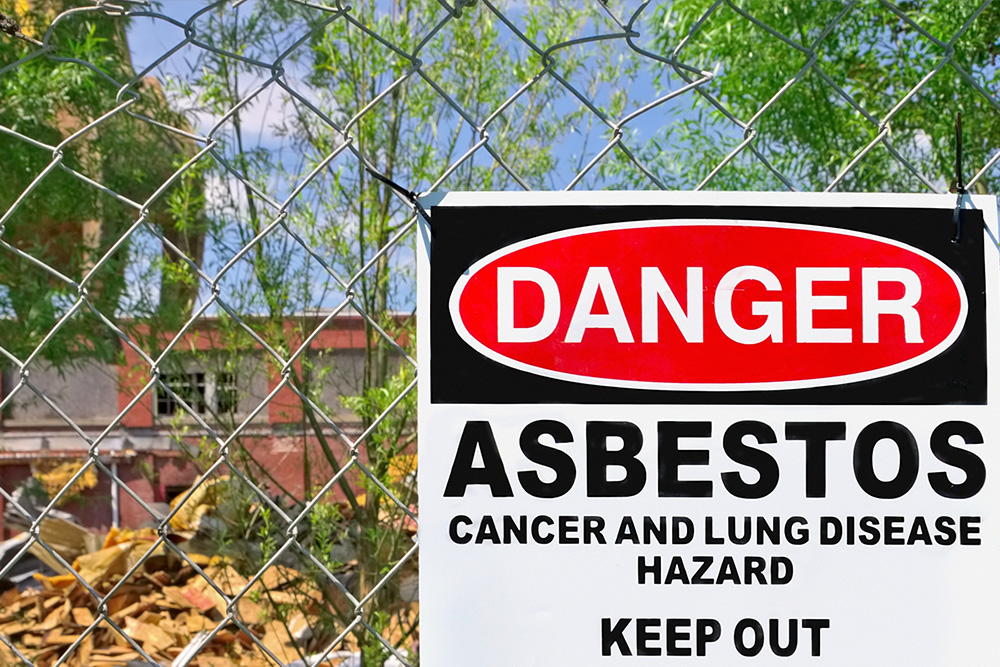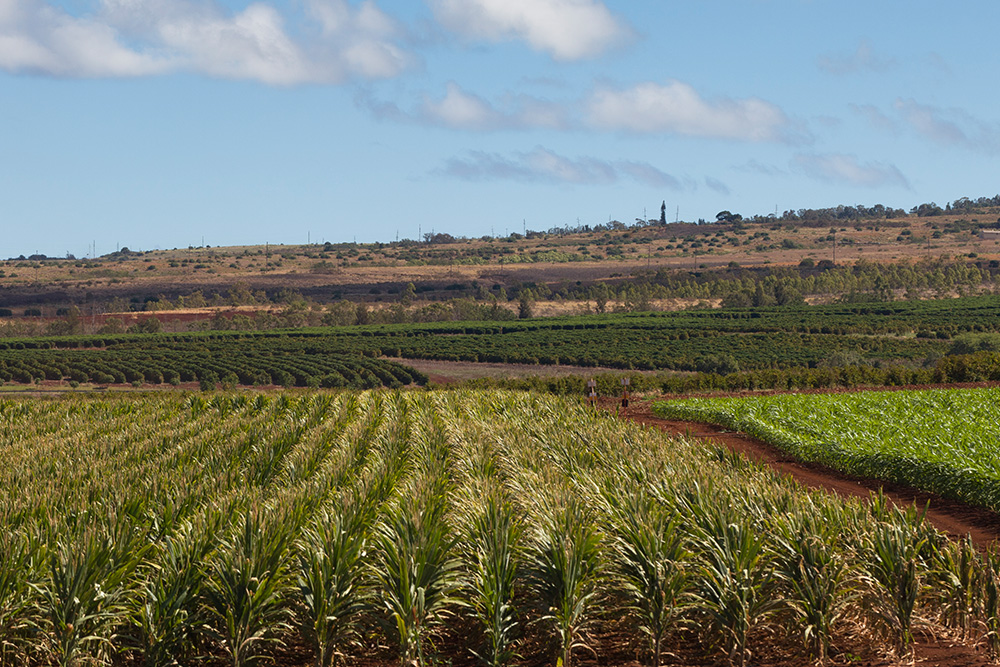People are taking sides in the debate focusing on connection between pesticides and birth defects.
The question of whether pregnant women who live and/or work around high levels of pesticide use, particularly on Kauai’s Westside, should be concerned about birth defects continues to be a contentious topic for debate, but the science is mounting against agribusinesses. Chemical companies have relocated to Hawai‘i, and where sugar cane and pineapples once grew, one can now find corn fields that are regularly sprayed with large doses of pesticides.
What is Science Saying?
According to the American Academy of Pediatrics, “epidemiologic evidence demonstrates associations between early exposure to pesticides and pediatric cancers, decreased cognitive function, and behavioral problems.” Likewise, a study looking at agrichemicals in surface water and birth defects in the United States found that a significant association was found between the season of elevated agrochemicals and birth defects.” Physicians at Kauai Veterans Memorial Hospital, on Kauai’s Westside, believe there may be up to “10 times the national rate” of certain rare birth defects in newborns delivered at the hospital.
While agrochemical companies that use, manufacture, and sell pesticides tout that there is no evidence of a higher incidence of birth defects on Kauai or anywhere in Hawai‘i, it must be noted that these companies have a vested interest in ensuring their profits and protecting themselves from potential litigation.
The State Department of Health (SDOH) has found evidence of pesticide drift (when pesticides sprayed over crops become airborne and are blown by the wind away from the intended agricultural field) when testing. In addition, when testing streams on Kauai, SDOH found atrazine and glyphosate, and when testing the air at Waimea Canyon Middle School, they found chlorpyrifos, a Restricted Use Pesticide and known neurotoxin. While the amounts found were small, the point is that there should be none at all.
It should also be noted that in Hawai‘i, those who apply Restricted Use Pesticides in fields near communities, parks, schools, and roadways, are not required to disclose which pesticides they are applying, the location, date or time, in which they are applied. This is all data that can be utilized when trying to make an informed decision regarding one’s health.
How can Galiher DeRobertis & Waxman Help?
Galiher DeRobertis & Waxman has been receiving increased attention as a result of our commitment to fighting for families with pesticide related birth defects. While we are not doctors, our lawyers work with highly-qualified scientific and medical professionals to determine if a reported birth defect is related to a parent’s exposure to pesticides. Our lawyers are experts in successfully representing families injured by defective products and corporate negligence. We provide free initial consultations and will meet with you to evaluate your claim with no obligation on your part. If your child has pesticide-related birth defects, he or she may have a claim against the company responsible for that pesticide exposure. Please get in touch with us for a free case evaluation at 1-866-998-TOXIC (6942) and learn more about your legal options. Our team will begin working immediately and aggressively to obtain the best result for your case.






